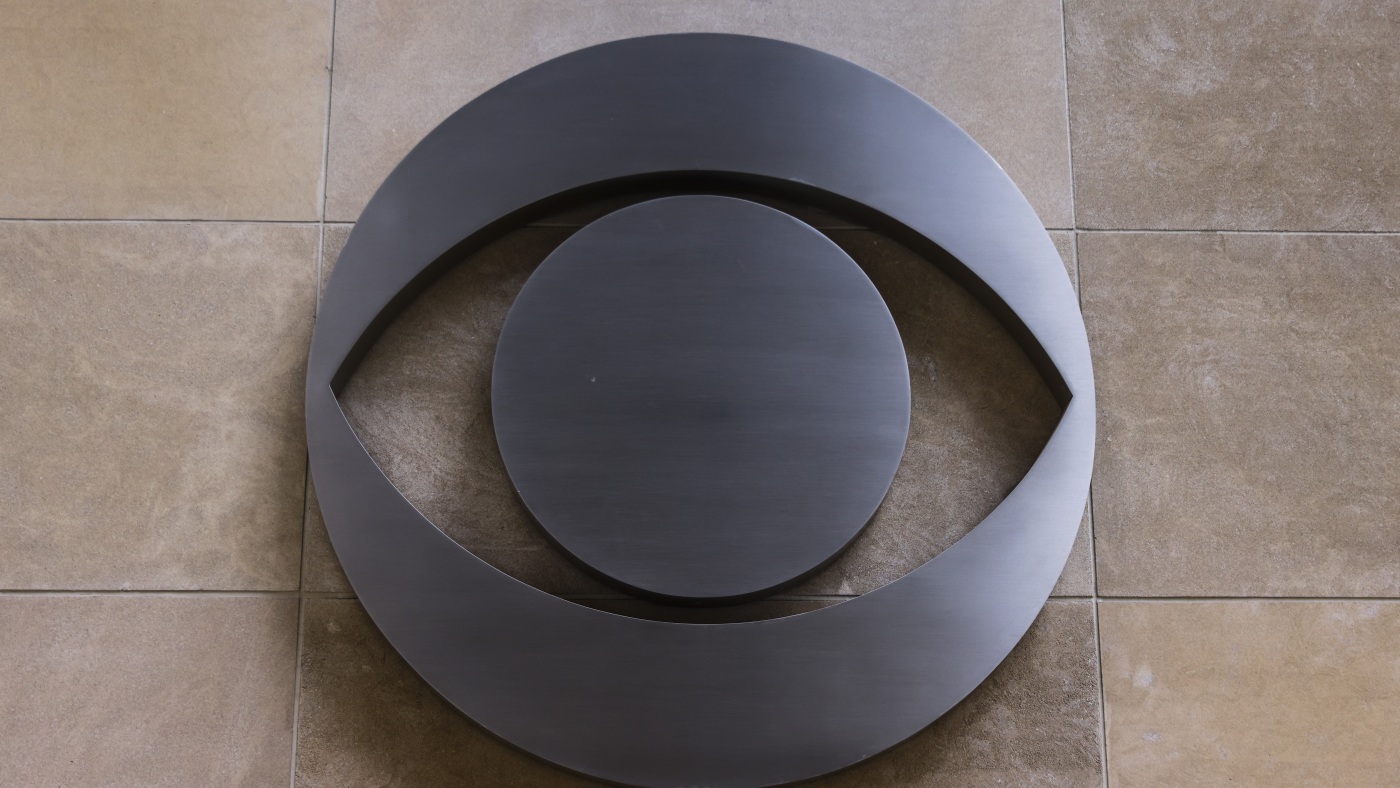The $16 million settlement between Paramount Global, the parent company of CBS News, and former President Donald Trump has sent shockwaves through the media landscape, sparking intense debate about journalism, political pressure, and media independence. The settlement, stemming from a lawsuit over a “60 Minutes” interview with then-Vice President Kamala Harris, has been framed by Trump and his supporters as a victory for accountability, while critics warn it sets a dangerous precedent for media intimidation.
A Victory Lap for Trump: Redefining Media Accountability?
For Trump and his allies, the settlement is a vindication of their long-standing claims of media bias. The lawsuit against CBS alleged that the “60 Minutes” interview was edited in a way that unfairly favored Kamala Harris and the Biden-Harris campaign while portraying Trump negatively. The $16 million payout, earmarked for Trump’s future presidential library, is seen as a tangible acknowledgment of wrongdoing by CBS. Edward Paltzik, Trump’s lawyer, characterized the settlement as “real accountability for CBS and Paramount,” a narrative that resonates strongly with Trump’s base.
The reported inclusion of a “Trump rule” in CBS’s editorial standards—requiring the swift release of unedited transcripts of interviews with presidential candidates—further bolsters this perception. Supporters argue that this rule, if implemented, would enhance transparency and prevent media manipulation. For Trump, this settlement is not just about financial compensation but about reshaping the media landscape to be more accountable to political figures.
The Price of Peace: Has CBS Bent the Knee?
Critics, however, view the settlement as a capitulation to political pressure, setting a troubling precedent for journalism. The decision to settle, rather than fight the lawsuit in court, has been met with outrage from journalists and legal experts. Many argue that CBS, by paying a substantial sum to settle a case widely seen as frivolous, has legitimized Trump’s attacks on the media and created a chilling effect on investigative reporting.
The financial implications are significant. The $16 million payout, while a fraction of Paramount Global’s revenue, represents a substantial sum for a news organization. More concerning is the message it sends to other powerful figures: that litigation can be used to silence critical reporting and influence media coverage. The fact that the money is directed to Trump’s presidential library does little to mitigate these concerns, as it still represents a transfer of funds from a media company to a political figure who has repeatedly attacked the press.
Inside CBS News, the settlement has reportedly sparked fury, with many viewing it as a betrayal of journalistic principles. The decision to settle is attributed to Paramount Global’s desire to avoid a costly legal battle, even at the expense of CBS’s credibility. This raises questions about the balance between journalistic integrity and corporate interests, particularly in an era of financial uncertainty for the news industry. With declining advertising revenue and shifting media consumption habits, the threat of costly lawsuits could further discourage investigative journalism.
The Erosion of Trust: A Democracy at Risk
Beyond the financial and legal implications, the settlement undermines public trust in the media. By appearing to cave to political pressure, CBS has risked further eroding its credibility and reinforcing the perception that the news is biased and unreliable. This erosion of trust has profound consequences for democracy, as it undermines the public’s ability to make informed decisions and hold leaders accountable.
The settlement also highlights the increasing polarization of the media landscape. In an era where news consumption is often driven by partisan allegiances, events like this can be easily framed to reinforce existing biases. For Trump supporters, the settlement is proof of media bias against them. For critics of Trump, it is further evidence of his ability to manipulate institutions to serve his own interests.
The departure of CBS News President Wendy McMahon, who had aligned herself with “60 Minutes” executive producer Bill Owens, adds another layer of complexity. While the reasons for her departure remain unclear, the timing suggests it may be related to internal tensions over the Trump lawsuit. Her exit raises questions about the future direction of CBS News and whether the network will prioritize journalistic integrity in the face of political and corporate pressures.
The Unanswered Questions: A Path Forward?
The Trump-CBS settlement leaves many unanswered questions. What exactly did CBS do to warrant a $16 million settlement? Did the network genuinely believe it had acted unfairly, or did it simply decide that fighting the lawsuit was not worth the cost? What impact will this settlement have on CBS’s future coverage of Trump and other political figures?
Moving forward, media organizations must reaffirm their commitment to journalistic integrity. This means standing up to baseless lawsuits, even if it means incurring significant legal costs. It also means being transparent about editorial processes and engaging with the public in a constructive dialogue about coverage.
The public, in turn, must demand accountability from their news sources and be critical consumers of information. This means seeking out diverse perspectives, verifying information before sharing it, and supporting independent journalism committed to truth and accuracy.
Conclusion: A Crossroads for Journalism
The Trump-CBS settlement represents a critical juncture for journalism in the United States. It is a stark reminder of the challenges facing the media in an era of political polarization, economic uncertainty, and declining public trust. Whether this settlement marks the beginning of a new era of media intimidation or a renewed commitment to journalistic integrity remains to be seen. The answer will depend on the choices made by media organizations, political leaders, and the public in the years to come. The future of a free and independent press, and the health of democracy itself, may well hang in the balance.

